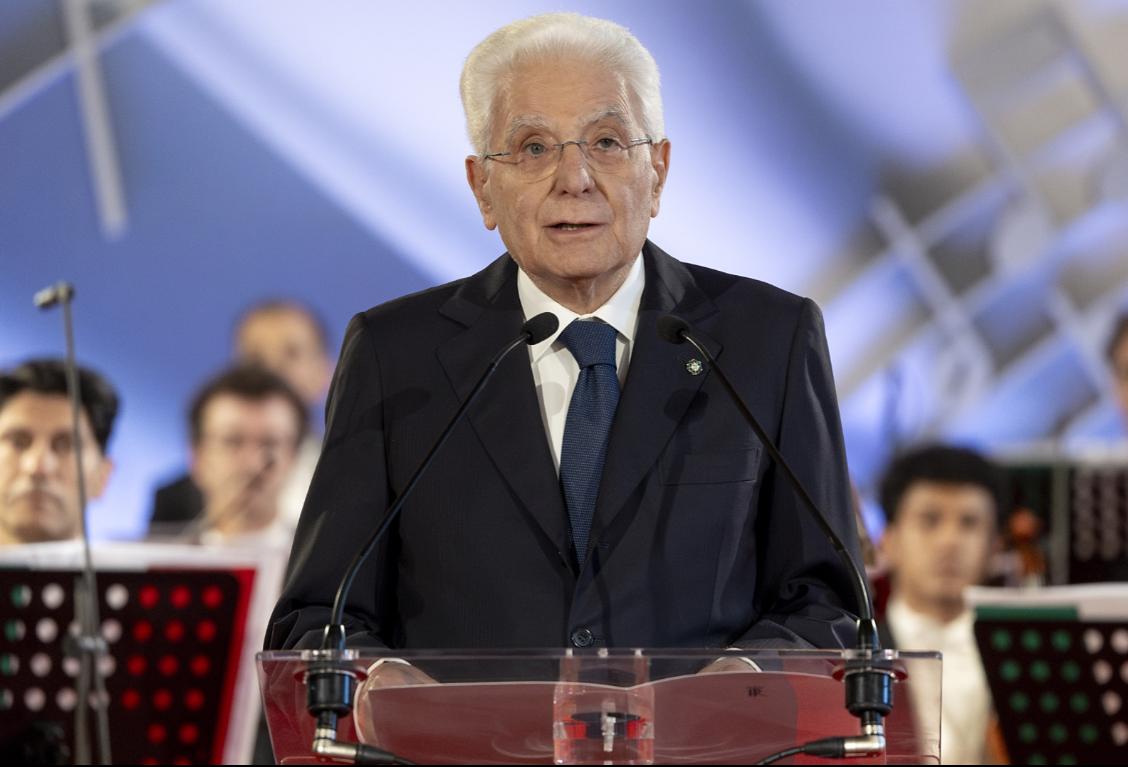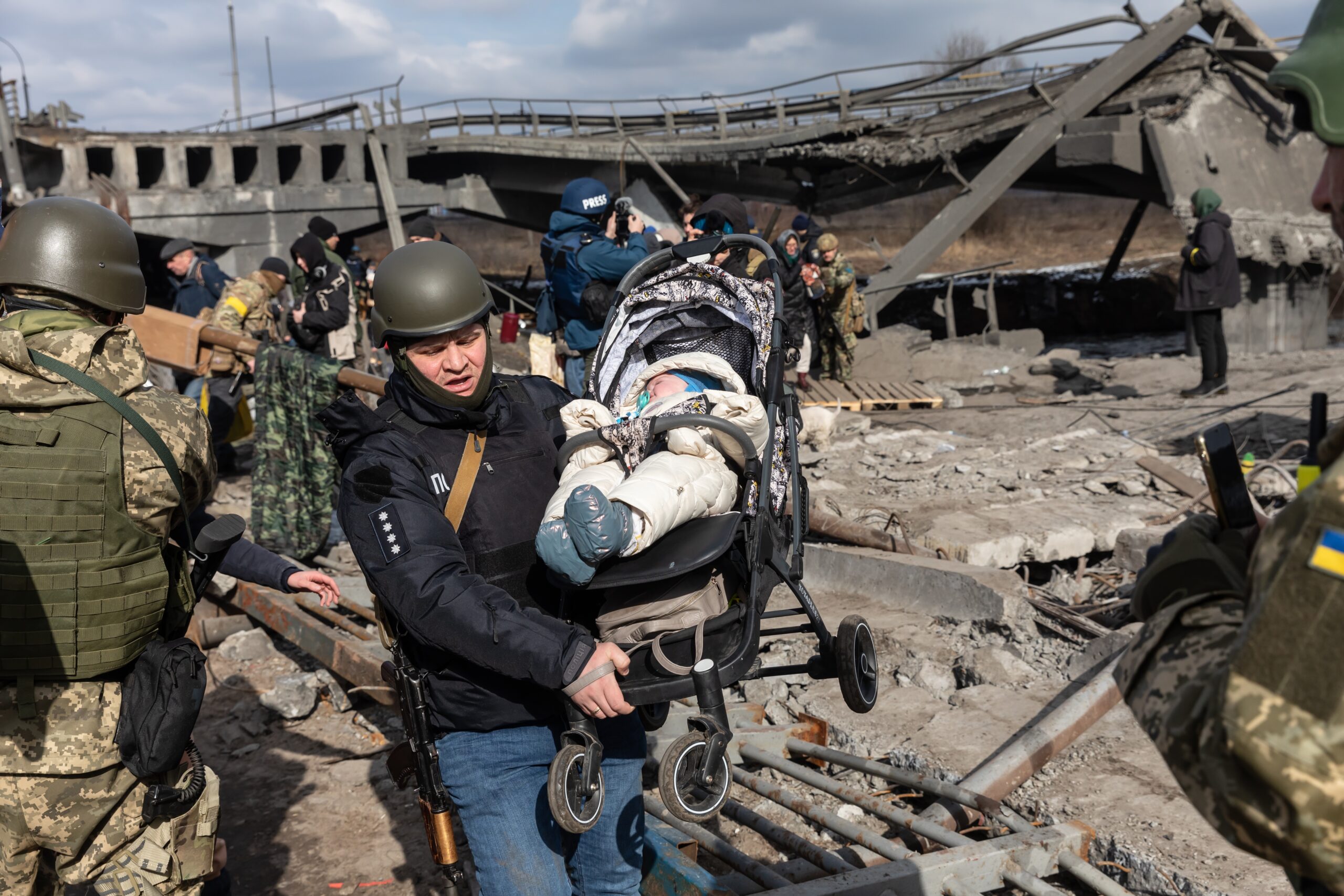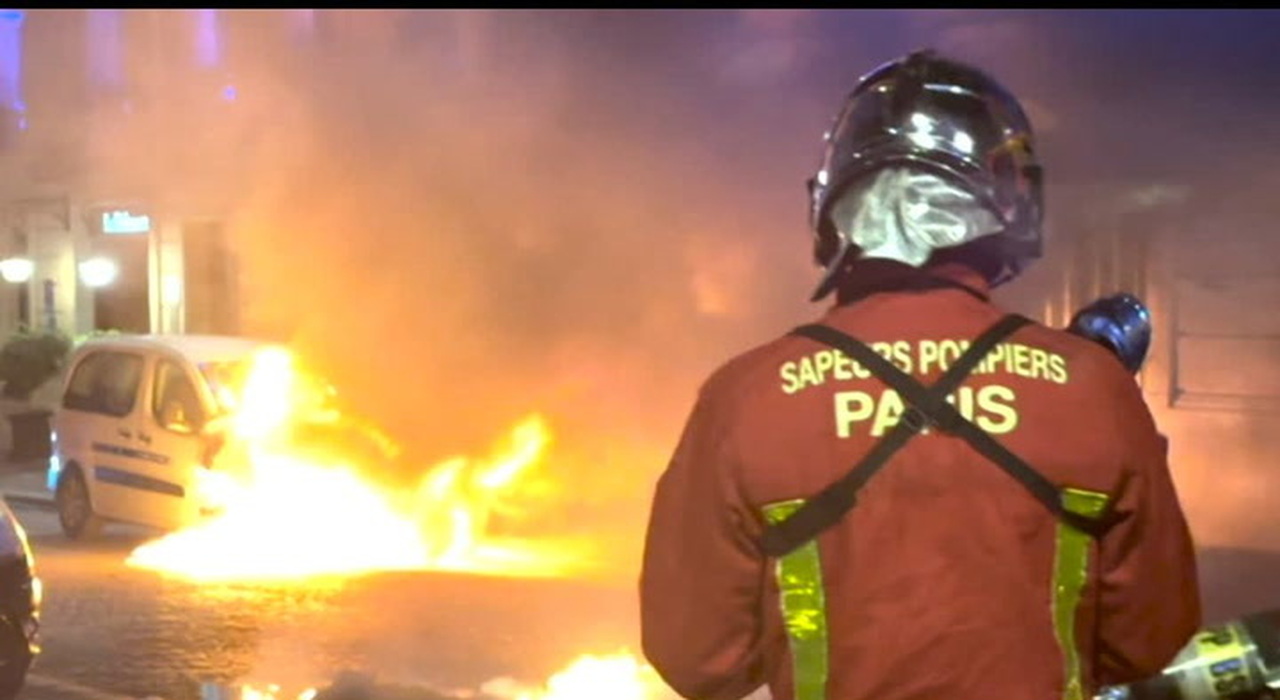[ad_1]
| WASHINGTON
WASHINGTON President Donald Trump faces an uphill fight convincing the Supreme Court it should grant his emergency request to reinstate his travel ban on people entering the United States from six predominantly Muslim countries.
His legal team on Thursday night asked the nine justices to allow his controversial March 6 executive order to take effect immediately despite being blocked by lower courts. The Supreme Court rarely grants emergency requests.
At issue is a ban Trump has said is necessary to protect Americans from terrorist attacks. Critics say his reasoning is flawed and assail the ban as discriminatory. Trump’s proposed ban was a centerpiece of his 2016 presidential campaign.
The fight over the emergency application is likely to determine whether the ban ever takes effect. That is because if the court grants the request, the ban’s 90-day term will have expired by the time the court decides the legal fate of the proposal.
The 5-4 conservative majority on the high court means Trump, a Republican who took office on Jan. 20, likely has a better chance than he has had to date in more liberal-leaning lower courts.
“Even though it’s a heavy lift getting a stay, it seems to me that the Supreme Court is the most favorable court they’ve had access to so far,” said John Elwood, a Washington lawyer.
The administration needs five votes on the nine-justice court to put the ban into effect. In this instance, the merits of whether it violates the U.S. Constitution’s ban on religious discrimination by targeting Muslims matter less.
The court weighs several factors when considering emergency applications. One such application met with success when in February 2016 the court granted on a 5-4 vote a request by states and industry groups to block President Barack Obama’s climate regulations.
Under Supreme Court precedent, several criteria need to be met for an emergency application to be granted, including that there would be “irreparable harm” if denied and that there is a “reasonable probability” the court would agree to hear the case on the merits.
In the government’s request, Acting Solicitor General Jeff Wall wrote that the nationwide injunctions blocking the travel ban have caused irreparable harm by “preventing the executive from effectuating his national-security judgment.”
CHALLENGERS DISPUTE URGENCY
The challengers contest the administration claim that urgent action is needed to protect Americans from terrorist attacks. They stress that the government did not previously ask the Supreme Court to intervene, even when lower courts denied earlier emergency applications seeking to lift the injunctions.
“This is different from the kind of case you would expect the Supreme Court to grant the extraordinary relief of a stay, because of the lack of any demonstrable urgency or harm and because the law and the facts are on our side,” said American Civil Liberties Union lawyer Omar Jadwat.
On Friday, the court asked the challengers, including the ACLU and Hawaii, to file responses to the Trump requests by June 12. The administration is then likely to file its own response to the challengers’ legal arguments before the justices issue an order granting or denying the administration’s applications.
One thorny issue the Supreme Court may have to resolve if it grants the stay is whether the 90-day ban Trump sought to impose would begin from the day of the court’s action or whether the clock has been ticking throughout the litigation, meaning it would expire in mid-June. Challengers will argue for the latter, which would mean it is almost set to expire. That would limit the practical impact if the application were granted.
The court’s conservative majority includes Justice Anthony Kennedy. He sometimes sides with the court’s four liberals and could be the pivotal vote.
The travel ban’s challengers have relied in part on a concurring opinion Kennedy wrote in a 2015 Supreme Court immigration case. Kennedy wrote that in the immigration context, the government’s actions can be questioned if there is evidence of bad faith.
Another conservative justice is the man Trump appointed to the high court, Neil Gorsuch. During his U.S. Senate confirmation hearing, Gorsuch vowed not to be a rubber stamp for any president when asked about Trump’s statements criticizing judges who ruled against the travel ban.
If the court agrees with Trump, the 90-day ban on people entering the United States from Iran, Libya, Somalia, Sudan, Syria and Yemen will be immediately revived. The court could also put a 120-day ban on all refugees into effect and allow the administration to consider new vetting procedures.
Even if the court allows the travel ban to take effect, the bigger constitutional questions of religious discrimination and presidential powers raised by the order would not be considered by the nine justices until long after the ban periods have ended. The court begins its summer recess at the end of June and would not give the case a full hearing until its return in the autumn, by which time the ban would have lapsed.
The emergency applications filed on Thursday night seek to block injunctions issued by judges in Maryland and Hawaii. The Maryland order was upheld on May 25 by the 4th U.S. Circuit Court of Appeals in Richmond, Virginia. The government’s appeal of the Hawaii injunction is being considered by the San Francisco-based 9th U.S. Circuit Court of Appeals. That court could issue its decision before the Supreme Court acts on the emergency application.
Separate from the emergency application, the court also has to decide whether to hear the government’s full appeal of the Virginia-based appeals court ruling.
The justices are not required to hear any case, but this one meets important criteria cited by experts, including that it is the federal government filing the appeal and that it involves a nationwide injunction.
(Reporting by Lawrence Hurley; Editing by Sue Horton and Howard Goller)
[ad_2]
Source link






Leave a Reply